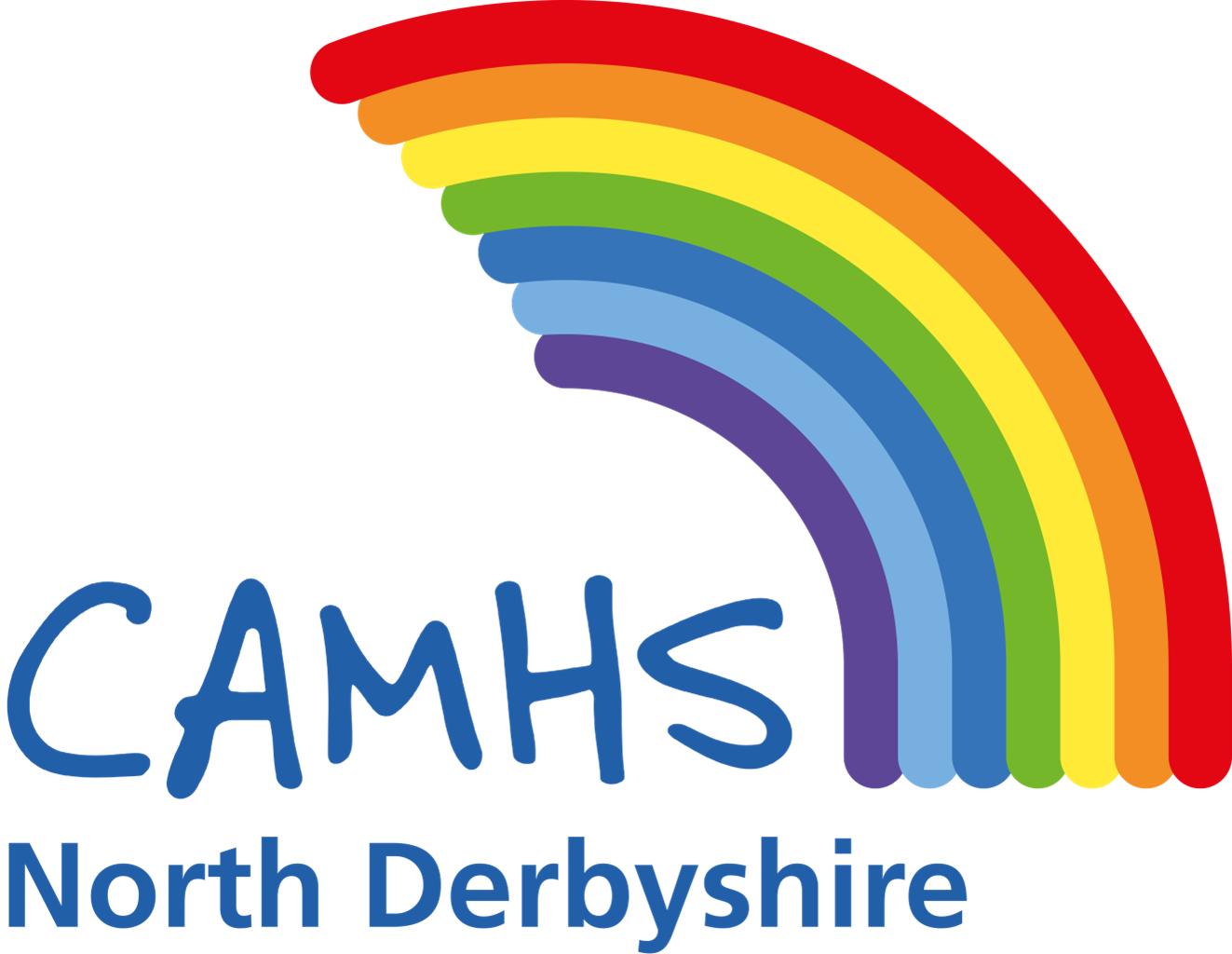common problems
What is Autistic Spectrum Disorder (ASD)?
Introduction
An Autism Spectrum Disorder (ASD) is a lifelong developmental condition that affects how young people make sense of the world around them and interact with others.
It can be described as a different way of thinking, feeling and being, and is known to affect more than 1 in 100 people in the UK.
ASD is a spectrum condition. This means that each young person with a diagnosis of ASD will have their own particular strengths and things that they need more support with.
Whilst two people with ASD may share certain difficulties, their ASD will affect them in different ways.
In general, to receive a diagnosis of ASD, young people will show differences in the following areas:
Social Communication – this is our ability to take part in and make sense of communication for social purposes with other people. It may be that whilst they have a good level of language, they struggle to know what is expected of them in a conversation. This can lead them to find it difficult to turn-take, to show interest in the other person and what they are saying, and to talk about their interests for long periods of time. They may also struggle with making small talk, knowing when to join in a conversation, or how to explain things so that people can clearly understand (i.e., not providing context or giving irrelevant detail).
Use of nonverbal communication – this is our ability to interpret other people’s nonverbal communication (such as facial expression, tone of voice, body language) to help us make sense of what they are saying, and what is expected of us. Some young people can also struggle with effectively using their own nonverbal communication (for example, they may use very few gestures to accompany what they are saying, struggle with maintaining eye contact and convey little emotion through their speech).
Forming and Maintaining Relationships – some young people may appear to act on their own agenda and find it difficult to take into account the needs of others. They may prefer their own company, whilst others may want friendships and romantic relationships, but may struggle to know how to go about it.
They may also display some repetitive behaviours and/or stereotyped speech, a preference for routine and sameness, fixed and intense interests, and sensitivity to sensory information.
Some young people with ASD also have learning disabilities, mental health issues or other associated conditions, meaning people need different levels of support.
W
Further support, advice and self-help
Young Minds gives free, relevant, practical information about a range of mental health issues in children and young people. It has information about feelings and symptoms, conditions and looking after yourself. It also has some specific information about self-harm and what to do about self-harm.
Website
Minded is a free educational resource on children and young people’s mental health for adults, but can also be really useful for teenagers. It covers lot of topics.
Website
Relate gives specific advice for different types of worries and problems aimed at young people.
Website


